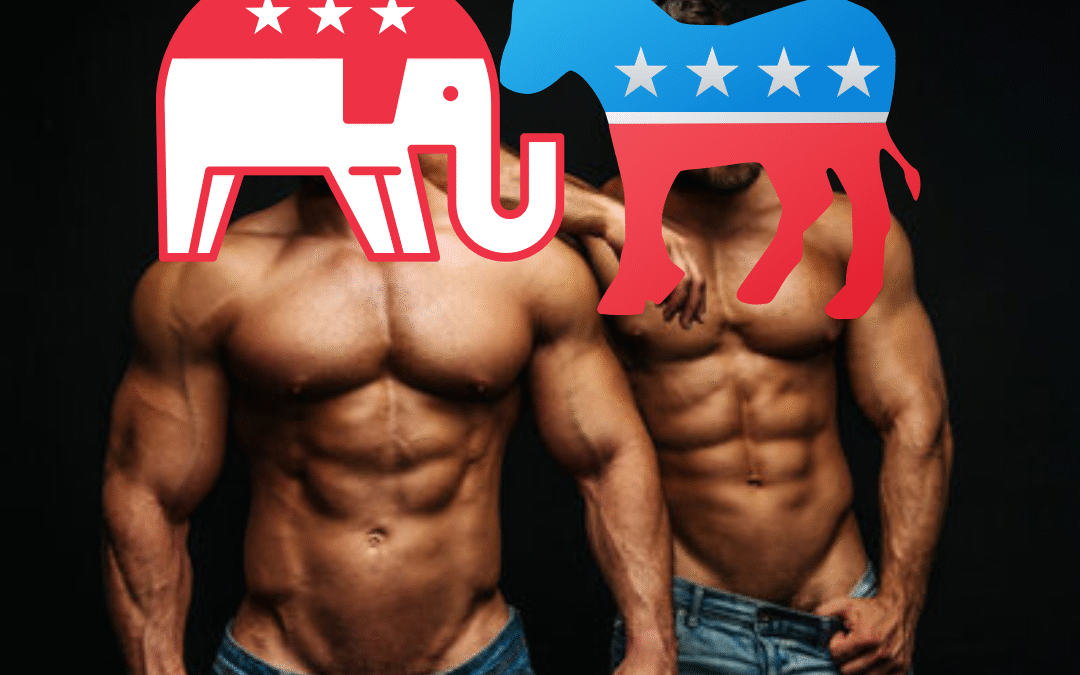Oklahoma City, OK — Oklahoma’s newest political experiment, State Question 836, wants to turn our elections into one giant, no-filter dating app. Picture Tinder, Bumble, Hinge, and Grindr all rolled into one—but you can’t see anyone’s preferences. You don’t know if you’re matching with a he, she, or they/them, or if they’re looking for a one-night stand, something casual, or a forever match. Sounds freeing… until you realize what happens when there are no settings, no boundaries, and no red-flag filters. That’s when you start matching with the same two guys everyone in the Are We Dating the Same Guy OKC/Tulsa Facebook group has been warning about—or worse, accidentally matching with your own brother.
The Setup: All Profiles, No Preferences
Under the current system, Oklahoma voters stick to their “dating pools.” Republicans swipe on Bumble or eHarmony, Democrats find their people on Tinder or Grindr, and Independents bounce between apps trying to get a fair shot on Hinge. Each group picks one solid match to bring to the big date in November—the general election.
State Question 836 scraps that whole setup. It’s like downloading a brand-new app where everyone can swipe on everyone with zero filters. No preferences, no deal-breakers, just an endless scroll of smiling faces all claiming they’re “different from the others.”
The Match: The Same Two Guys Everyone Warned You About
Here’s the catch—after all that swiping, only the top two “matches” move on to the big date in November. And who usually wins on unfiltered dating apps? Not the honest, dependable ones. It’s the ones with the flashiest photos, the best bios, and a convincing “looking for my Queen” energy. They look great at first… until you realize they’ve been ghosting half the state and using the same love-bombing lines on everyone.
In the end, Oklahoma could be left choosing between two serial swipers—the political equivalent of guys who still text their exes while telling you you’re “the one.”
The Algorithm Problem
One giant open primary doesn’t reward compatibility; it rewards popularity. The candidates with money, name recognition, and professional photoshoots rise to the top of the feed. The genuine ones—the ones who’d actually show up and do the work—get buried faster than a “hey” text in a sea of half-hearted DMs.
It’s not democracy. It’s the algorithm. And the algorithm always boosts the prettiest liars first.
The Red Flags Are Right There
Supporters of SQ 836 say it’s “more inclusive.” But as every woman on Are We Dating the Same Guy knows, when you take away filters and boundaries, you don’t get better options—you just get more people pretending to be single. Without real party primaries to vet candidates, we’re left with a political dating pool full of charm, chaos, and commitment issues.
By November, the entire state could be passing around a new STI: “Did anyone else sleep with—I mean vote for—this guy? He said the same thing to me!”
The Takeaway
State Question 836 might sound like freedom, but it’s really just a dating app with no filters, too many red flags, and a likely trip to the clinic for an antibiotic. It promises more choice, but what we’ll probably get are the same two “perfect on paper” candidates everyone’s already had a bad experience with.
Because when you match with no boundaries, you don’t end up with Mr. Right. You end up with Mr. Right Now.
The mics are off, but the talk never stops,
OK GOP Uncovered

